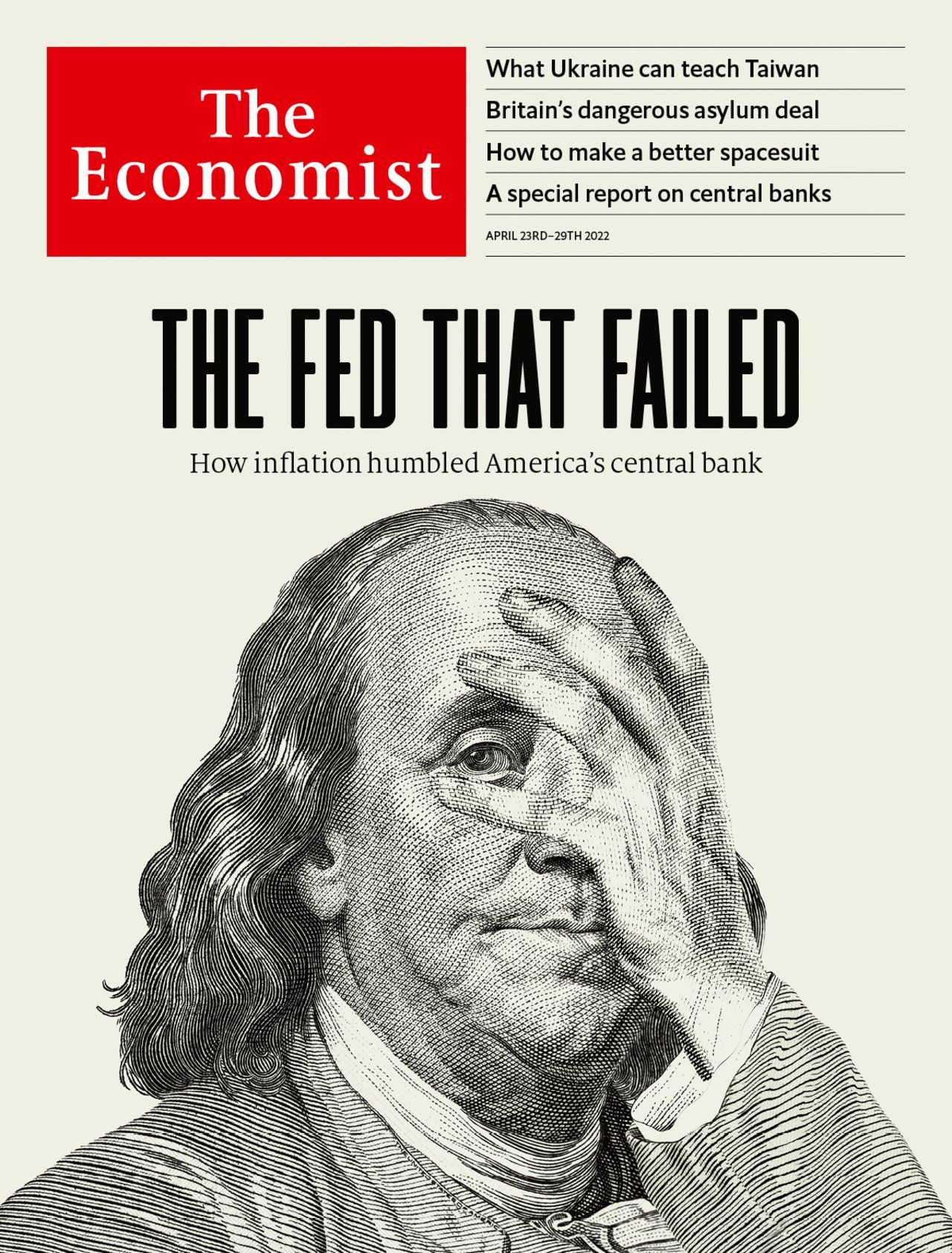Tariffs on Russian energy are a smart way to hobble Vladimir Putin
If Europe can’t agree to ban Russian oil and gas, it should tax it instead

THE INDUSTRIAL outskirts of Lubmin, a town on the windswept Baltic coast of what was once East Germany, feature in no tourist guide. Nor is the port of Rotterdam, the grittiest part of a city already struggling for charm, much of an attraction. Certainly neither has the appeal of Notre Dame or Venice, as Luis Garicano, an MEP, economics professor and recent day-tripper to both can attest. Yet few places could help a vacationer to Europe better make sense of what is actually happening there today. In the Dutch port, ships from Russia discreetly unload lakes of crude oil each worth up to $80m, to be processed in European refineries. Even further from the public gaze, the Nord Stream pipeline makes landfall at Lubmin, pumping Siberian gas for which customers in Germany and beyond send back over €160m ($174m) every day. This is the dark economic underbelly of Europe, a continent that congratulates itself on aiding Ukraine while having paid nearly €40bn for Russian energy since the war started eight weeks ago.
This article appeared in the Europe section of the print edition under the headline “If you can’t embargo it, tax it”
Europe April 23rd 2022
- Fighting has intensified in the Donbas region
- Why Olaf Scholz hesitates to send Ukraine heavy weapons
- Georgians back Ukraine, but their government is more hesitant
- Protests and politics will dominate this year’s Biennale
- Emmanuel Macron remains the strong favourite to win France’s presidency
- Tariffs on Russian energy are a smart way to hobble Vladimir Putin
More from Europe

America keeps Ukraine fighting with its hands tied
Russian missiles blast its cities, but it still cannot strike back

Why Israel has not yet lost Europe
Europeans are angry about Gaza, but they aren’t voting like it

Nice ideas, Mr Draghi—now who will pay for them?
From “whatever it takes” to “whatever the cost”
A northern Italian town bans cricket
Politically opportunistic xenophobia at work
Poland’s ruling coalition divides over women’s rights
Donald Tusk has failed to keep his promises on abortion laws
Squeaky-clean Europe is more corrupt than you think
Scandals and scams are rife. The EU’s clean-up isn’t working fast enough
